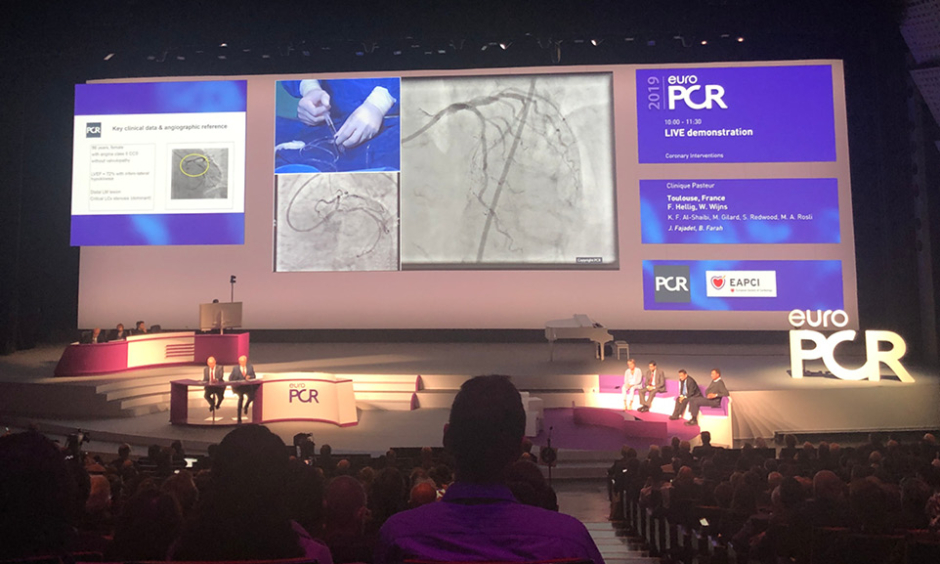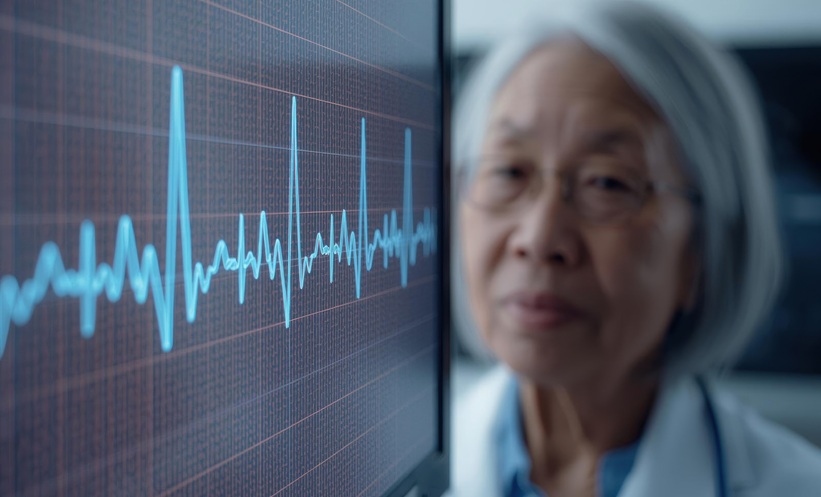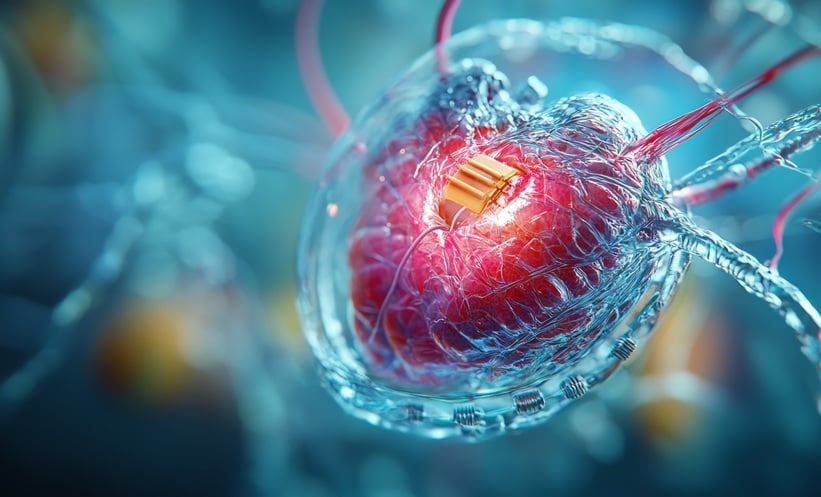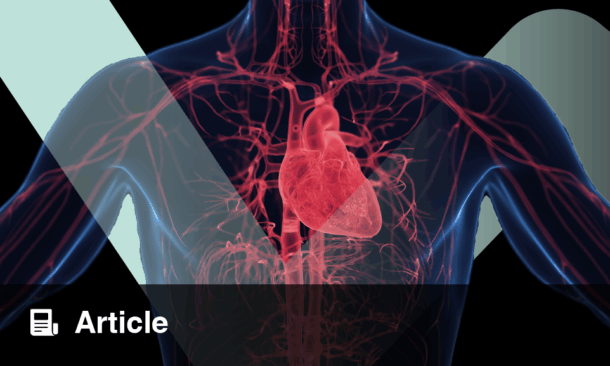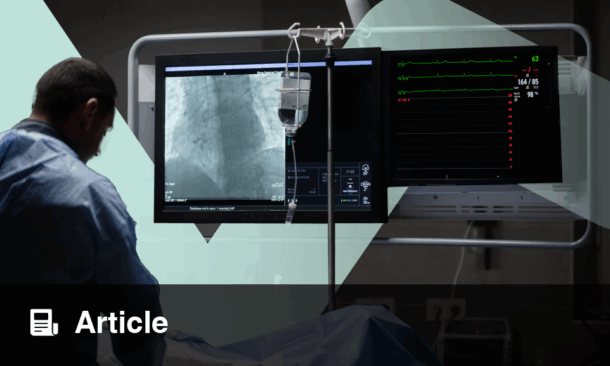Written by Louise Rogers | Editorial Assistant, European Medical Journal
![]()
Though the scope and stature of the assembly has changed and expanded since the first meeting, which was named ‘Complex Coronary Angioplasty and New Techniques in Interventional Cardiology’, the fundamental message and mission that founders Prof Jean Marco and Dr Jean Fajadet set out to achieve has prevailed: to serve the needs and improve the lives of every patient by helping the cardiovascular community share knowledge, experience, and practice.
Prof Marco’s avidity and commitment to exchanging medical wisdom began some time before the first meeting in Toulouse. After being appointed as a professor of cardiology in 1975, Prof Marco began to organise learning workshops, where healthcare professionals could share and debate medical cases through live demonstrations and daily case studies. His first live demonstration course took place in Toulouse, when ‘innovation in education and sharing’ was already his guiding principle. Over the following years, the courses began to grow throughout France, each hosted by different directors, until one day in 1987, when Prof Marco and Dr Fajadet came together and co-founded the Interventional Cardiology Unit of the Clinique Pasteur-Toulouse. They shared a vision: “We are capable of building the best European annual course in the field of interventional cardiology. Let us commit ourselves with determination and passion to live this dream and drive our energy to succeed. It is a long-term vision; we have to work for our successors.” That initial vision was the seed that would grow to become EuroPCR.
Following 1989, the course continued to expand and, in 1997, to accommodate the increased number of attendees, the newly renamed ‘Endovascular Therapy Course’, closed its doors in Toulouse and migrated north to its new home: Paris. The congress’ first venue in Paris was situated on the banks of the Eiffel Tower. The move to a new city brought with it a new name and, in 2000, the ‘Paris Course on Revascularisation’ (the origin of PCR) was born, attracting 6,700 participants. A merger with the Rotterdam-based EuroCVS congress a year on added the prefix Euro and created the final name: EuroPCR. At a similar time, the congress took a digital shift and launched EuroPCRonline.
The last 9 years have seen the global expansion of EuroPCR. Before 2010, the congress grew rapidly, but the course was limited to inside the French borders. Since then, six new PCR courses have been initiated: AICT-AsiaPCR, the meeting for interventional cardiology in the Asia Pacific; PCR London Valves, the patient-orientated valve disease meeting; GulfPCR-GIM, the meeting for interventional cardiology in the Middle-East; AfricaPCR, addressing the specific needs for the African cardiovascular community; PCR-CIT China Chengdu Valves, the course for valve interventions in Greater China; and PCR Tokyo Valves, sharing best practice in valvular interventions in Japan and Asia. All international courses were initiated and built by the local practitioners and communities, thereby addressing the specific needs and issues in that area.
Today, EuroPCR has grown to accommodate >11,000 PCR participants worldwide, and sees >30,000 participants attending courses, seminars, and webinars around the world. The epic history of the event highlights the dedication cardiologists have to further advance the field of interventional cardiology, all with the same vision and the official PCR mission in mind: to serve the needs of each individual patient by helping the cardiovascular community to share knowledge, experience, and practice.1

